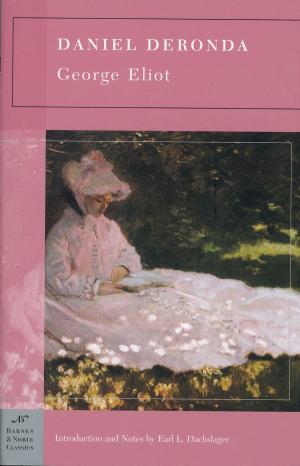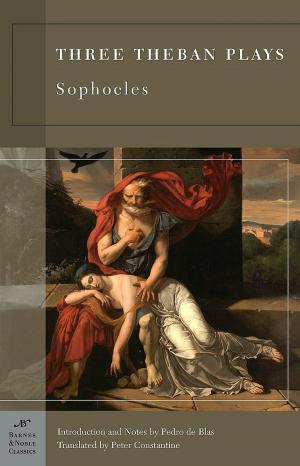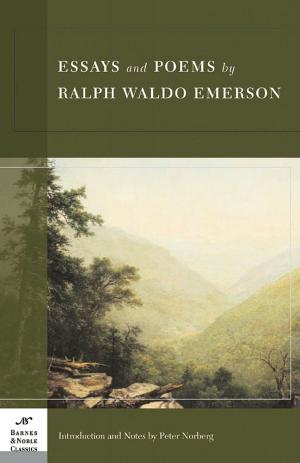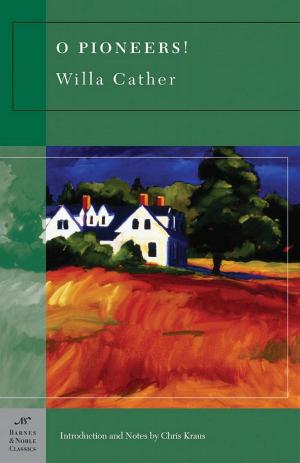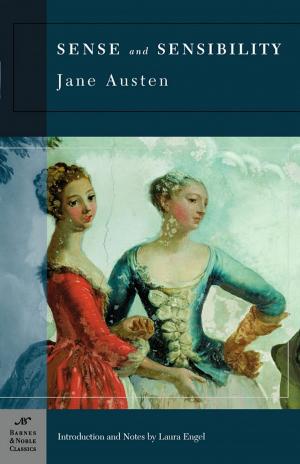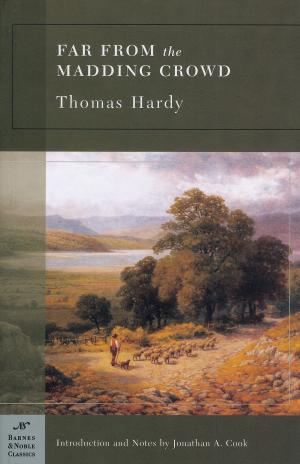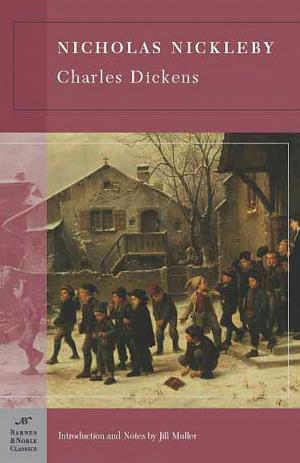| Author: | Emile Zola, Luc Sante | ISBN: | 9781411432741 |
| Publisher: | Barnes & Noble Classics | Publication: | June 1, 2009 |
| Imprint: | Barnes & Noble Classics | Language: | English |
| Author: | Emile Zola, Luc Sante |
| ISBN: | 9781411432741 |
| Publisher: | Barnes & Noble Classics |
| Publication: | June 1, 2009 |
| Imprint: | Barnes & Noble Classics |
| Language: | English |
- New introductions commissioned from today's top writers and scholars
- Biographies of the authors
- Chronologies of contemporary historical, biographical, and cultural events
- Footnotes and endnotes
- Selective discussions of imitations, parodies, poems, books, plays, paintings, operas, statuary, and films inspired by the work
- Comments by other famous authors
- Study questions to challenge the reader's viewpoints and expectations
- Bibliographies for further reading
- Indices & Glossaries, when appropriate
One of the founders of literary naturalism, Émile Zola thought of his novels as a form of scientific research into the effects of heredity and environment. He created characters, gave them richly detailed histories, and placed them in carefully observed, precisely described environments, and his readers watch as they wriggle and thrash toward their inevitable destinies.
In Nana, the characters are a prostitute, who rises from the streets to become what Zola calls a “high-class cocotte,” and the men—and women—whom she loves, betrays, and destroys. Among the novel’s many ironies is the mutual envy felt by Nana and those around her. She yearns for their material possessions, while they admire her apparent independence and sexual self-confidence. And despite the chaos Nana causes, Zola imagines her as being essentially “good-natured,” a stupid, vain but beautiful creature who can’t help drawing people into her web.
Not surprisingly, Nana’s portrait of a decadent world in which a prostitute amasses great wealth and power provoked protests from “polite society,” and it became one of Zola’s most controversial works. Today it is regarded as his masterpiece.
- New introductions commissioned from today's top writers and scholars
- Biographies of the authors
- Chronologies of contemporary historical, biographical, and cultural events
- Footnotes and endnotes
- Selective discussions of imitations, parodies, poems, books, plays, paintings, operas, statuary, and films inspired by the work
- Comments by other famous authors
- Study questions to challenge the reader's viewpoints and expectations
- Bibliographies for further reading
- Indices & Glossaries, when appropriate
One of the founders of literary naturalism, Émile Zola thought of his novels as a form of scientific research into the effects of heredity and environment. He created characters, gave them richly detailed histories, and placed them in carefully observed, precisely described environments, and his readers watch as they wriggle and thrash toward their inevitable destinies.
In Nana, the characters are a prostitute, who rises from the streets to become what Zola calls a “high-class cocotte,” and the men—and women—whom she loves, betrays, and destroys. Among the novel’s many ironies is the mutual envy felt by Nana and those around her. She yearns for their material possessions, while they admire her apparent independence and sexual self-confidence. And despite the chaos Nana causes, Zola imagines her as being essentially “good-natured,” a stupid, vain but beautiful creature who can’t help drawing people into her web.
Not surprisingly, Nana’s portrait of a decadent world in which a prostitute amasses great wealth and power provoked protests from “polite society,” and it became one of Zola’s most controversial works. Today it is regarded as his masterpiece.



